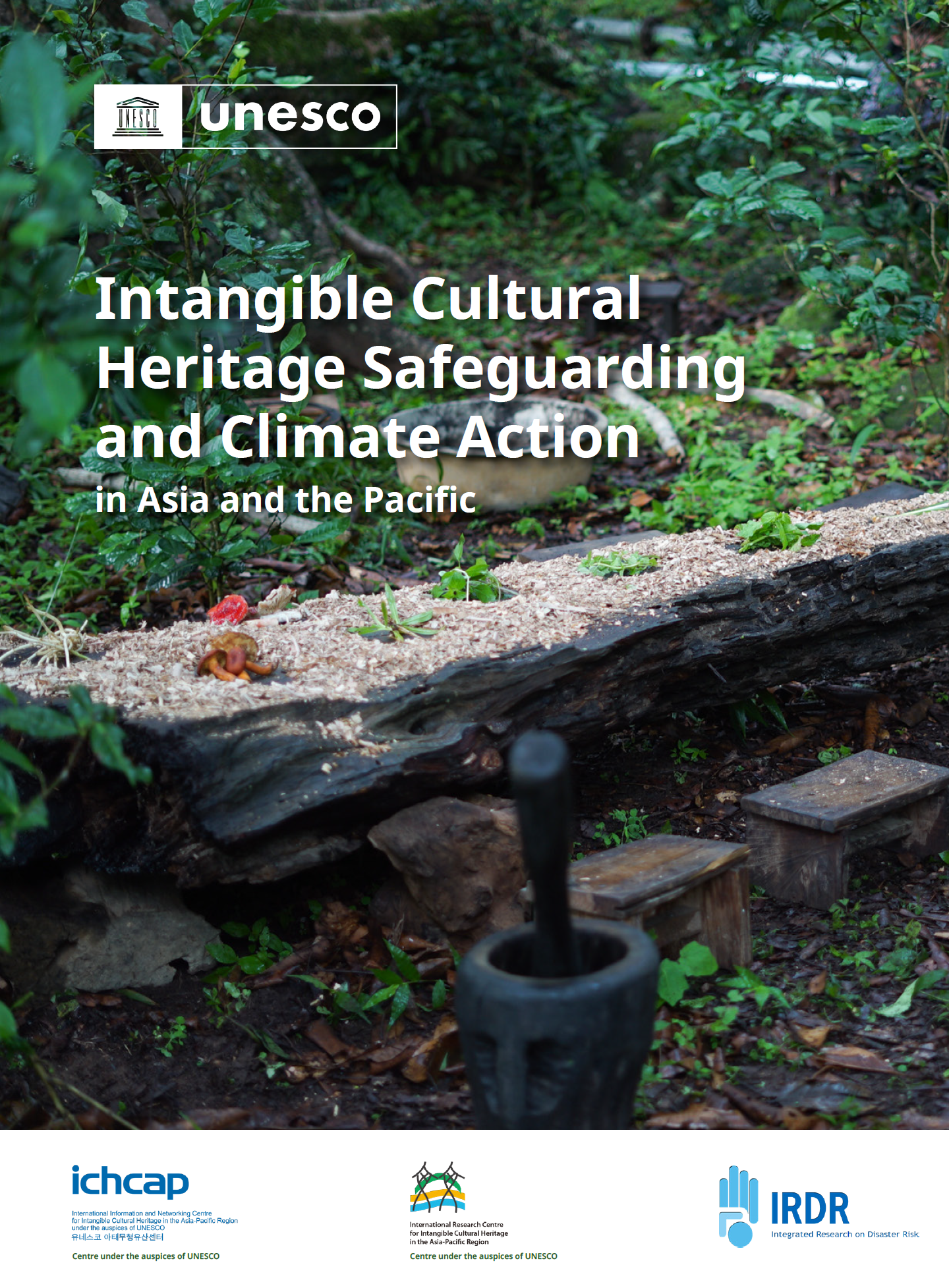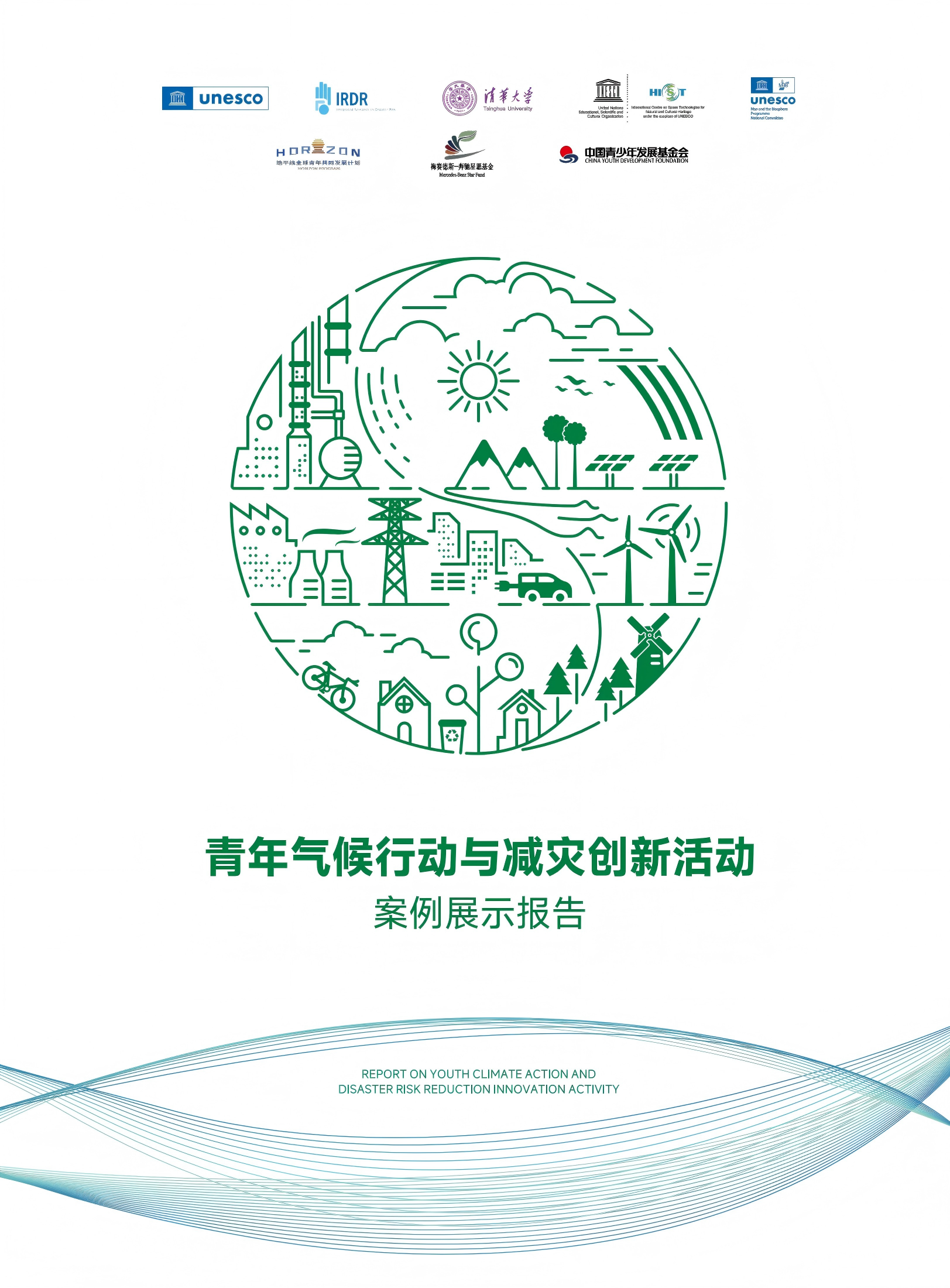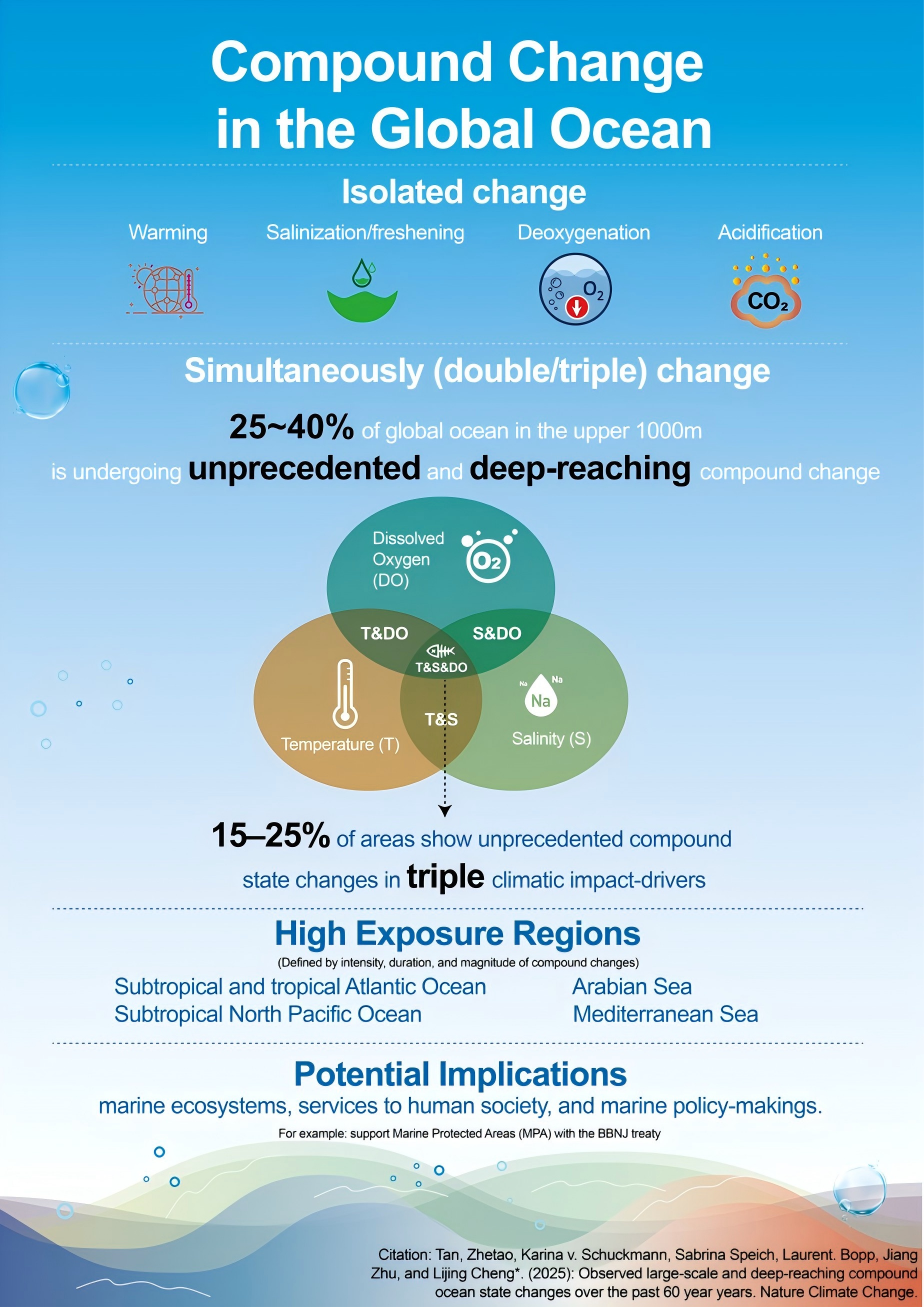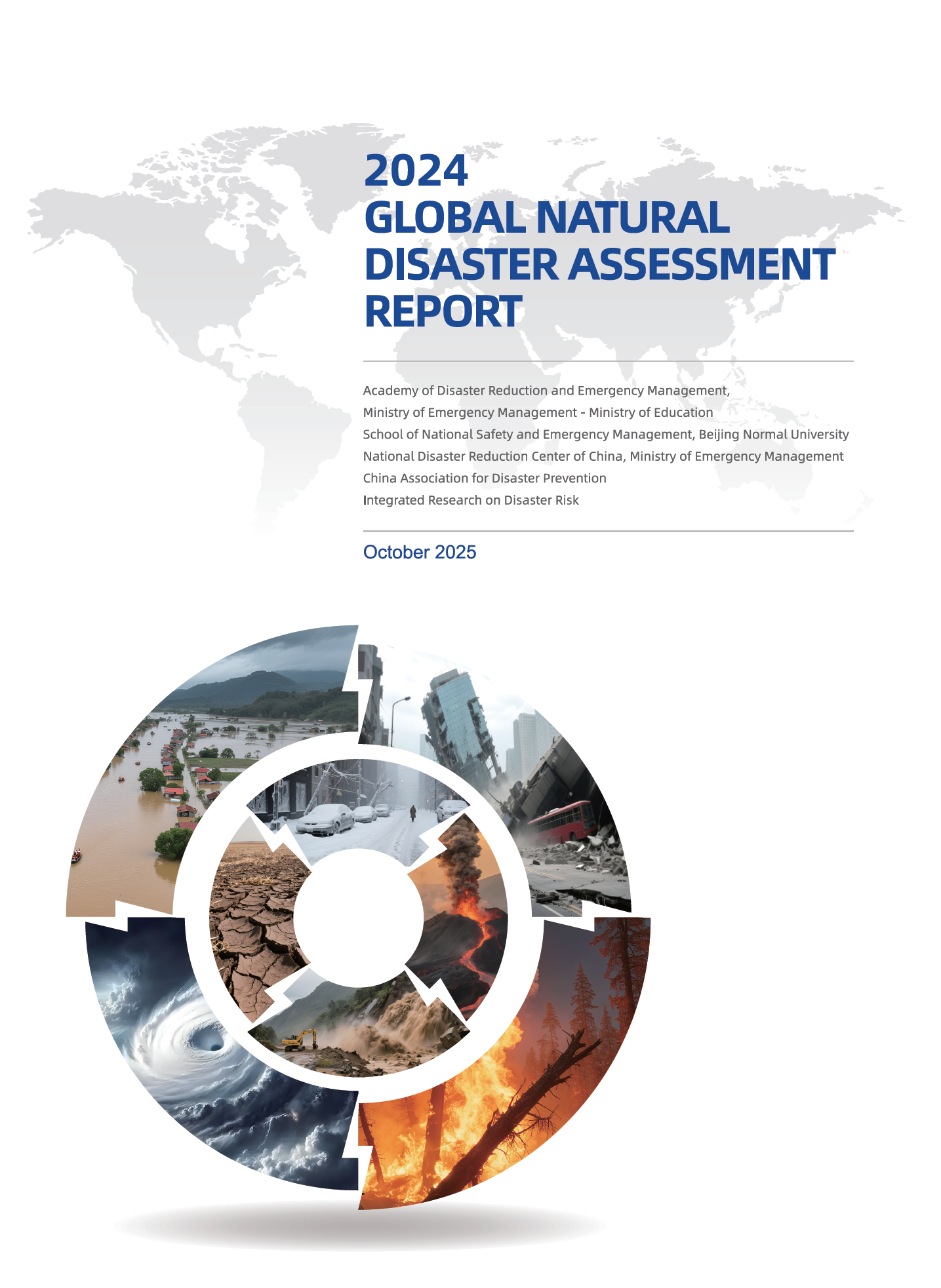IRDR and UNESCO officially launched a joint publication Intangible Cultural Heritage Safeguarding and Climate Action in Asia and the Pacific, together with International Information and Networking Centre for Intangible Cultural Heritage in the Asia-Pacific Region (ICHCAP) and the International Research Centre for Intangible Cultural Heritage in the Asia-Pacific Region (IRCI). This landmark work explores how intangible cultural heritage (ICH), also known as living heritage, is both vulnerable to climate change and a vital source of resilience across the Asia-Pacific region.
Drawing on case studies from Sri Lanka, Mongolia, Vanuatu, Bangladesh, the Republic of Korea, and beyond, the publication illustrates how communities are leveraging ancestral knowledge and traditional practices to adapt to environmental challenges. The examples cover:
Climate Impacts on Cultural Practice.
Indigenous Knowledge and Climate Resilience
Cultural Adaptation and Sustainable Agriculture
These examples highlight how living heritage including oral traditions, craftsmanship, rituals, and indigenous knowledge, serves as a foundation for resilience, innovation, and community-led climate action.
This publication emphasizes the importance of safeguarding ICH to strengthen community identity, foster sustainable development, and bridge traditional wisdom with modern innovation. It calls for policy support, investment in traditional knowledge, and partnerships that connect local and global efforts to ensure these practices thrive in the face of escalating climate impacts. This publication is a concrete output and a good start of IRDR-UNESCO joint initiatives regarding cultural heritages and climate resilience.
Read the full publication via the UNESCO Digital Library link: https://unesdoc.unesco.org/ark:/48223/pf0000394981?posInSet=4&queryId=3d03e60c-dc42-4fd5-9ef5-11f726ef33b8






